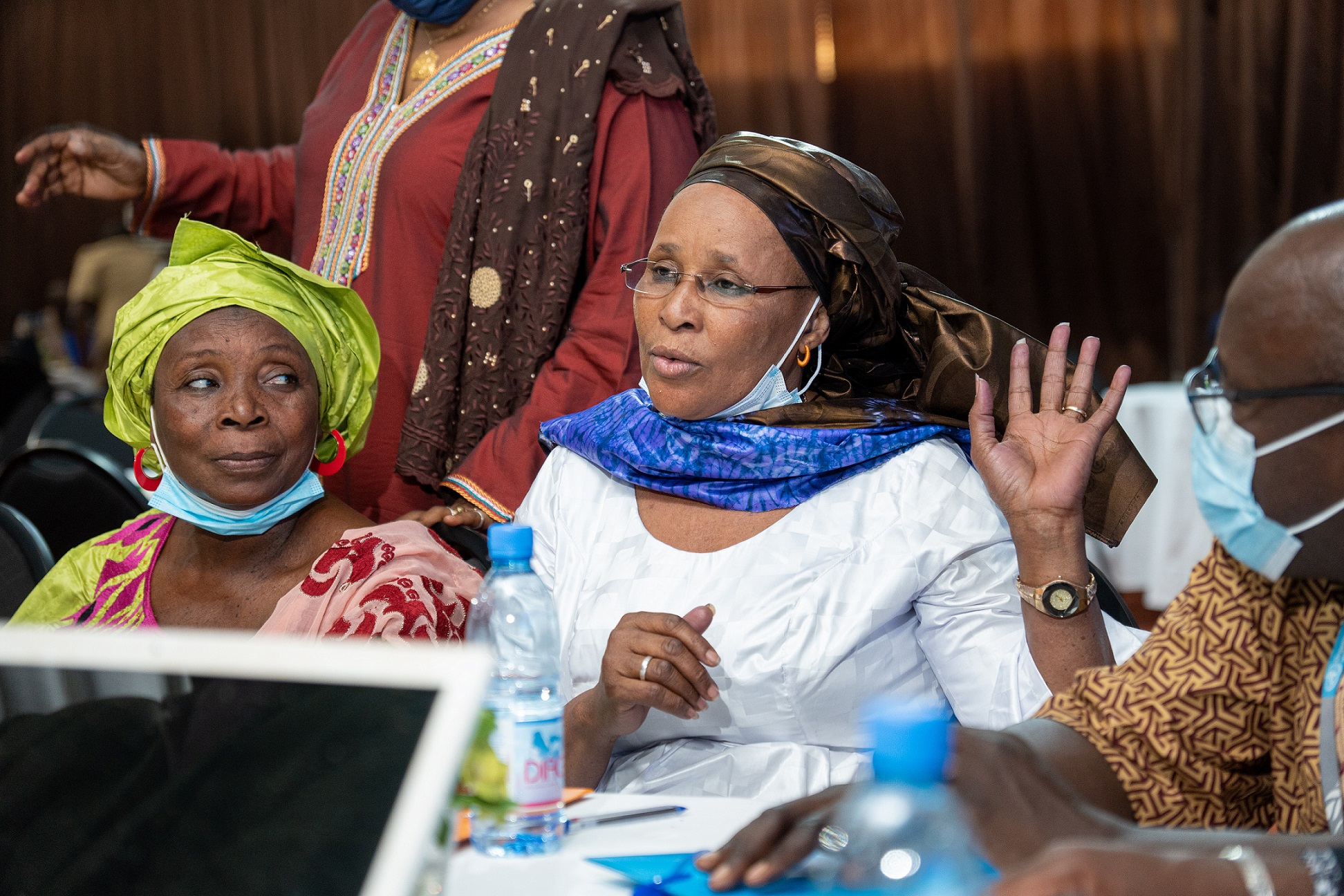50,000 people in 56 countries participate in National Consultations on the Environment
Stockholm+50: Groundswell call to action from mass voices around the world
June 3, 2022

Ahead of the Stockholm+50 conference, more than 50,000 people spoke out at 250 national consultations spanning 56 countries.
Amid unprecedented crises unfolding around the world – from conflict to climate and biodiversity meltdown and the global pandemic – the need to create a healthier planet for all has never been more urgent.
Ahead of the event “Stockholm+50: a healthy planet for the prosperity of all – our responsibility, our opportunity,” jointly hosted by Sweden and Kenya coinciding with World Environment Day on 5 June 2022, citizens around the world called for action.
More than 50,000 people spoke out at 250 national consultations spanning 56 countries around the world. From opportunities to urgent challenges, participants from every diverse level of society voiced concerns and priorities that they believe should be tackled at the Stockholm+50 event and beyond. The consultations took place both in-person and in virtual meetings, led by governments and supported by UNDP among others, building on UNDP’s global platforms and networks to involve as many representative stakeholders as possible.
Watch the one-minute summary of the National Consultations here.
Top four take-aways from mass Stockholm+50 consultations:
- A call for stronger partnerships to tackle challenges: As part of the Decade of Action for the Sustainable Development Goals, partnerships are needed that strengthen capacities, and promote technology transfer, digital transformation, and North-South and South-South cooperation. Integrated, resilient solutions are needed to respond to multiple planetary crises linked to nature, climate and energy and growing risks around food and energy insecurity, fragility and conflict, poverty and inequality.
- A call for transparent and inclusive participation between governments and civil society: from stronger environmental governance to enhanced public participation, voices from the national consultations call for more access to information and stronger ownership of environmental outcomes. They recognized the need for improved data collection, diagnostics, evidence-base and risk knowledge to inform decision-making for environmental good. They encouraged meaningful engagement of all citizens, from governments, the private sector and civil society, to women in leaderships roles, youth, indigenous peoples, local communities, people with disabilities, and others.
- A need for more environmental education and awareness: Participants highlighted the need for environmental and climate education, training and capacity building to improve decision-making. National stakeholders highlighted the need for a just and inclusive transition towards greener and resilient development, which should include targeted support to workers across formal and informal sectors and their families who might be negatively affected by the economic transformation, with a particular focus on gender equality and on groups living in vulnerable and marginalized contexts.
- A call for decisive financing and green opportunities: Participants called for smarter, more effective management of environmental and climate finance, including the repurposing of harmful subsidies. They highlighted the need for governments to unlock and promote green jobs, green businesses and youth innovations supported by digital technologies to accelerate implementation of environmental and climate action. Environmental finance is needed from all sources – domestic and international, public and private, and hybrid. This includes support to adjust national targets and metrics, to reform economic systems and investment flows towards more sustainable consumption and production and circularity, and to reduce the environmental footprint from high-impact sectors such as food, energy, extractives, tourism, transport and infrastructure.
All participants called for bold, transformative action. Stockholm+50 recommendations and commitments need to be translated into change on the ground through fair and effective consultation, inclusion and solidarity across nations and among all citizens.
The consultations covered the three major themes of Stockholm+50:
- Reflecting on the urgent need for action to achieve a healthy planet and prosperity of all.
WATCH 1 minute Summary of Theme 1 here - Achieving a sustainable and inclusive recovery from the coronavirus disease (COVID-19) pandemic; and
WATCH 1 minute Summary of Theme 2 here - Accelerating the implementation of the environmental dimension of sustainable development in the context of the decade of action and delivery for sustainable development.
WATCH 1 minute Summary of Theme 2 here
Youth remain a critical voice as inheritors of this decade’s decision-making and represent a significant share of the national consultations’ audience. Initial analysis of consultation data shows that 11 percent of participants were 18 years old or younger, and 50 percent were 30 years old or younger.
WATCH some of the things they had to say here.
More information on the national consultations is available here. Follow @Stockholmplus50 for news of the full National Consultations report coming soon.
"Stockholm+50 recommendations and commitments need to be translated into change on the ground through fair and effective consultation, inclusion and solidarity across nations and among all citizens."

 Locations
Locations